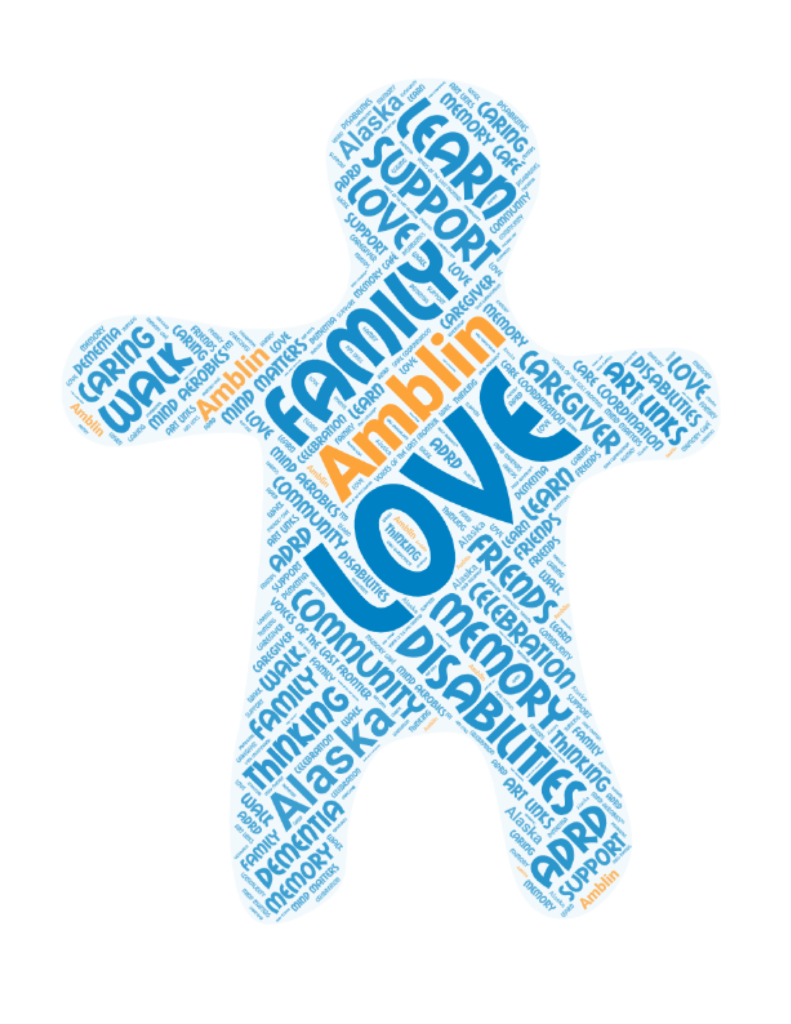What is normal aging?
| Individuals with Age‐Related Memory Problems |
Individuals with a Progressive Dementia |
|---|---|
| May forget some or parts of an experience | May forget the whole experience |
| Often remembers events later | Rarely will remember later |
| Usually able to follow written or spoken directions |
Increasingly unable to follow written or spoken directions |
| Can use notes as effective reminders | Ability to use notes diminishes |
| Knows how to care for self | Gradually forgets how to care for self |
| Occasionally forgets a name | Significant loss of vocabulary and language skills |
A diagnosis of a progressive dementia such as Alzheimer’s, Lewy Body, vascular dementia, or Frontal-temporal dementia should only be determined by qualified health care professionals.

10 Warning Signs
- Recent Memory Loss That Affects Daily Living Skills
- Difficulty Performing Familiar Tasks
- Problems with Language
- Disorientation of Time or Place
- Poor or Decreased Judgment
- Problems with Abstract Thinking
- Frequently Misplacing Things
- Sudden Changes in Mood or Behavior
- Dramatic Changes in Personality
- Significant Loss of Initiative
Progressive dementias are not part of normal aging. Progressive dementias are illnesses which can lead to a loss of cognitive abilities (i.e. memory, judgment, reasoning, language, perception, etc.). Symptoms usually occur in adults 65 years and older, although people in their 30s, 40s, and 50s may also be affected. Alzheimer’s disease is the most common form of a progressive dementia.
How We Can Help
- Free Memory Screening
- Consultations
- Mind Aerobics
Related Resources
- Free Memory Screening
- Classes & Webinars
- Mind Aerobics TM
Navigation
- 10 Steps in Planning for the Future
- 10 Warning Signs
- About Alzheimer’s Disease
- About ADRD
- Activities for Adults with Dementia
- Assisted Living Homes
- Caregiver Checklist
- Combativeness
- Communication Tips
- Diagnosis
- Dining & Dementia
- Driving and Dementia
- Introducing Services
- Treatment & Medications
- Medications & Dementia
- Normal Aging vs. Alzheimer’s
- Prevention
- Strategies for Wandering
- Stages and Symptoms
- Talking with Children about Alzheimer’s
- Traveling with Alzheimer’s
 Make a Payment
Make a Payment



